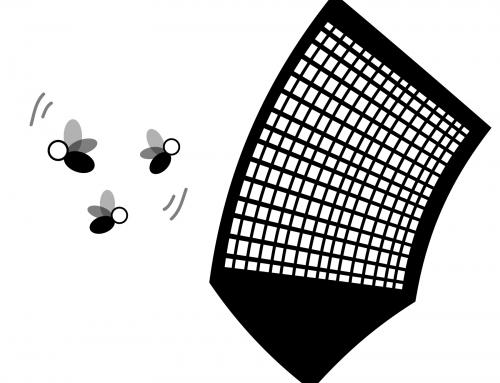Outcome: Not guilty of Possession with intent to Deliver crack cocaine and criminal conspiracy after a jury trial. J.W. was facing a mandatory 5-10 year state incarceration mandatory minimum sentence and received no penalty after the acquittal.
Description: J.W., along with a female co-defendant, were charged with possession with intent to deliver (PWID) over 10 grams of crack cocaine, criminal conspiracy, possession of drug paraphernalia and possession of a controlled substance. If convicted, J.W. would have been subject to a five year mandatory state sentence based on a prior PWID conviction and the weight of the drugs recovered.
Police responded to the co-defendant’s house after she complained of a domestic dispute between her and J.W. Upon police arrival, both answered the door and were met by two uniformed police officers. Police testified that they separated the two parties to get both sides of the story. J.W. had a double-amputee patient who was living in the upstairs back bedroom and he asked the officer if he could go check on the patient. Police granted his request.
However, according to police, shortly after walking in the back bedroom, J.W. proceeded to the front bedroom. One officer, concerned for he and his partner’s safety, went upstairs to see what J.W. was doing in the front bedroom. The officer claimed that upon ascending the steps, he heard a loud sound downstairs where his partner was dealing with the female co-defendant. It turns out that while she was putting her coat on to leave the house, a Taser gun and a large piece of crack cocaine fell from her jacket sleeve and she was placed under arrest.
In the meantime, the officer continued upstairs to check on J.W. and when he entered the room, he claims that J.W. was leaned over a foot locker and was shoving large amounts of crack cocaine into his pockets and waistband. The officer stood J.W. up and placed him under arrest. Additionally, the officer observe a scale and multiple bags of new and unused small plastic baggies consistent with drug packaging. Both were arrested at this time and charged with the above offenses.
It was the defense’s theory that all of the drugs in the house belonged to the co-defendant, who had already pled guilty and received a county prison sentence. At trial, Mr. Fishman cross-examined both officers who gave very different versions of the events that occurred on the date in question. The officers could not keep their stories straight and contradicted each other on many important points. Most notably, the officer who remained downstairs with the female co-defendant testified that J.W. was not in handcuffs when his fellow officer came downstairs with J.W. Why would he not be in handcuffs if the arresting officer had truly seen him shoving large amounts of crack into his pockets? The defense argued that this never occurred.
Mr. Fishman also had pictures of the house taken to show that the steps were old wooden steps and successfully argued to the jury that it would have been impossible for the officer to climb the steps and enter the front bedroom behind J.W. without his knowledge as the officer would have the jury believe.
Finally, the defense located, investigated and interviewed the co-defendant and subpoenaed her to testify. She testified consistent with the defense’s theory of the case that all of the drugs belonged to her and were always on her person. She indicated that J.W. never went upstairs and therefore the officer’s claim that J.W. was retrieving drugs was a lie. Based on the many inconsistent statements between the two officers, the photographs of the stairs and layout of the house and the testimony of the co-defendant, Mr. Fishman convinced a jury of twelve that J.W. was not guilty of all charges.
If you or someone you know has been arrested for possession with intent to deliver in Philadelphia or the surrounding counties, contact Philadelphia drug lawyer Brian M. Fishman immediately for a free consultation to discuss your case.






